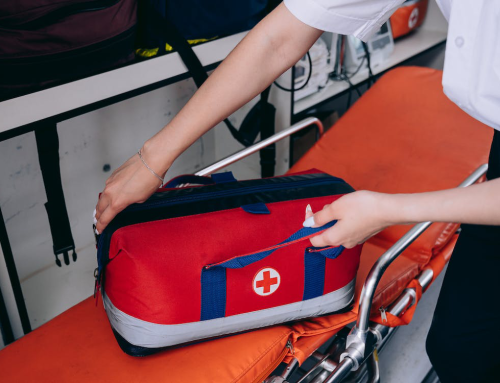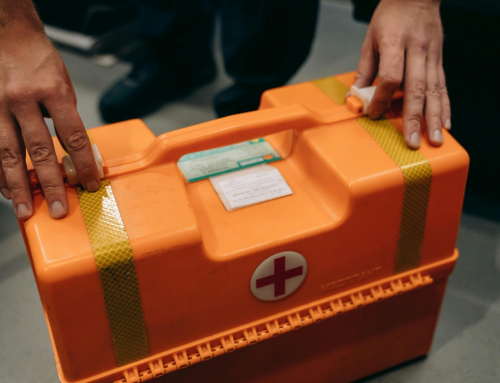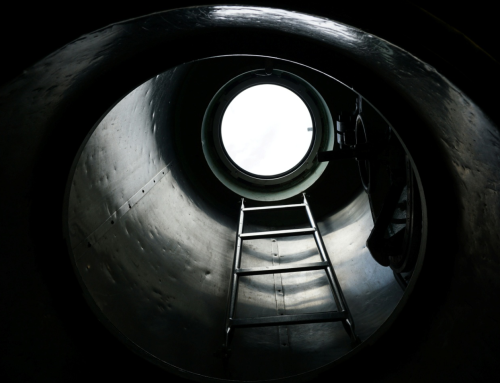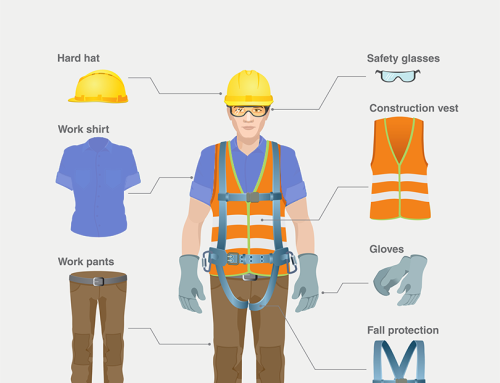Summers are a time to enjoy the outdoors, but they can also be a time to keep an eye on your physical wellbeing and health. As temperatures continue to rise, dehydration, sunburn, and heat-related sickness are the most prevalent concerns.
According to research published in the medical journal The Lancet, there has been a 58.4% rise in heat-related fatalities among those over 65 in Canada in less than twenty years as of 2018.
Here are four safety recommendations to be aware of to avoid a potentially harmful situation that could require emergency first aid.
1. Apply Sunscreen To Your Skin
A harsh sunburn today might lead to long-term skin damage and cancer. Skin cancer diagnoses more individuals each year than most other cancers altogether. Look for a sunscreen with an SPF of at least 30 and use it all the time! Even if you’re only going for a quick walk.
The strength of the sun varies depending on the time of day. Because the sun’s rays are strongest in the middle of the day, avoid being outside between 10 a.m. and 4 p.m. Since UV rays may even pass through clouds, sun exposure can occur on cloudy days.
2. Keep Yourself Hydrated
Look out for these signs if you experience mild dehydration, dry mouth, muscle cramps, dry & cool skin, and headaches. While severe dehydration includes drowsiness, fast pulse, tiredness, disorientation, breathlessness, shriveled skin, and dehydration.
In hot and humid weather, drink one bottle of cool water every hour to stay hydrated. If you’ve been outside for a few hours and haven’t urinated, drink additional water.
3. Exercise or Jog in the Morning
In the summer, the added heat may make exercising difficult. Get some exercise first thing in the morning, before the sun rises.
Work out moderately in the coolest area possible, and minimize or stop any vigorous activity when temperatures begin to rise to dangerously high levels.
Don’t let children go unsupervised in or around a pool. Chlorine compounds can affect the respiratory system when inhaled.
If you are out to take a swim at sea, lake, or river, swim with a partner or with someone who knows how to do CPR. Keep an eye out for slippery obstacles where the water isn’t clear.
It’s important to comprehend the complexities of heat strokes or unexpected accidents. As a result, receiving first aid and occupational training is critical so that you are prepared in the event of an emergency. Metro Safety Training understands the need for such training and offers a variety of certifications, including occupational level 1 first aid, level 2 first aid, level 3 first aid, and emergency first aid training.
Check out our weekly calendar to get started!








